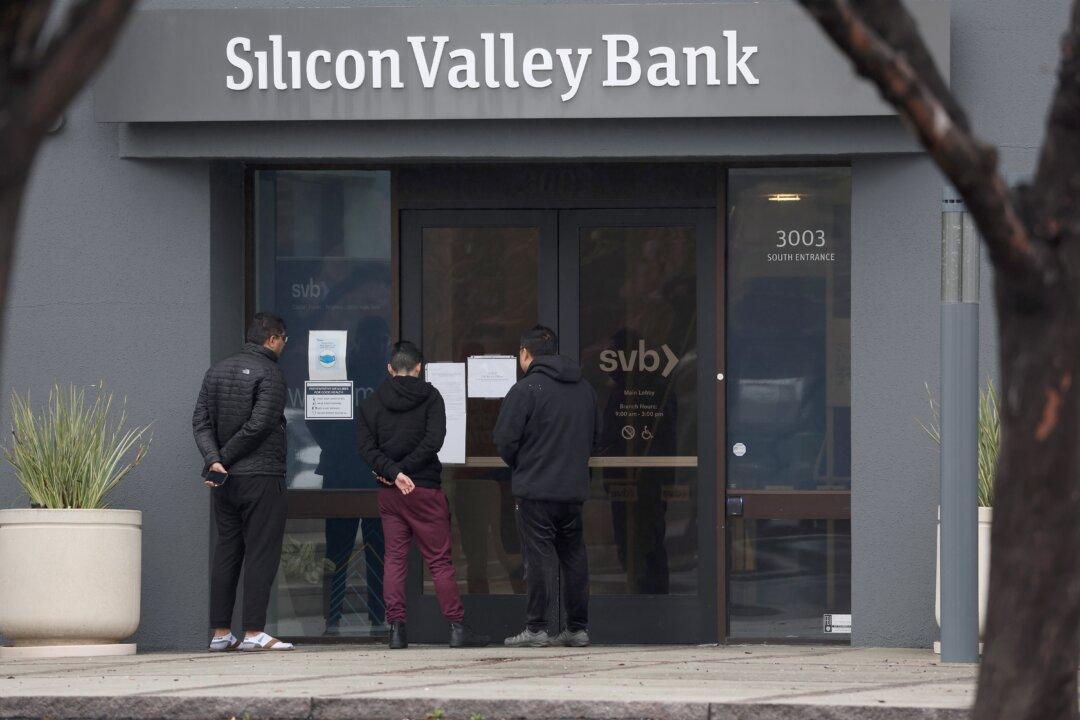The Federal Reserve announced on Monday that it would investigate the tech-focused Silicon Valley Bank’s (SVB) demise, including any regulatory or supervisory failings. This comes a day after regulators closed crypto-focused Signature Bank, marking the second U.S. bank to fail days apart.
The review will be overseen by Michael Barr, the central bank’s vice chair for supervision, and the findings are expected to be made public by May 1.





